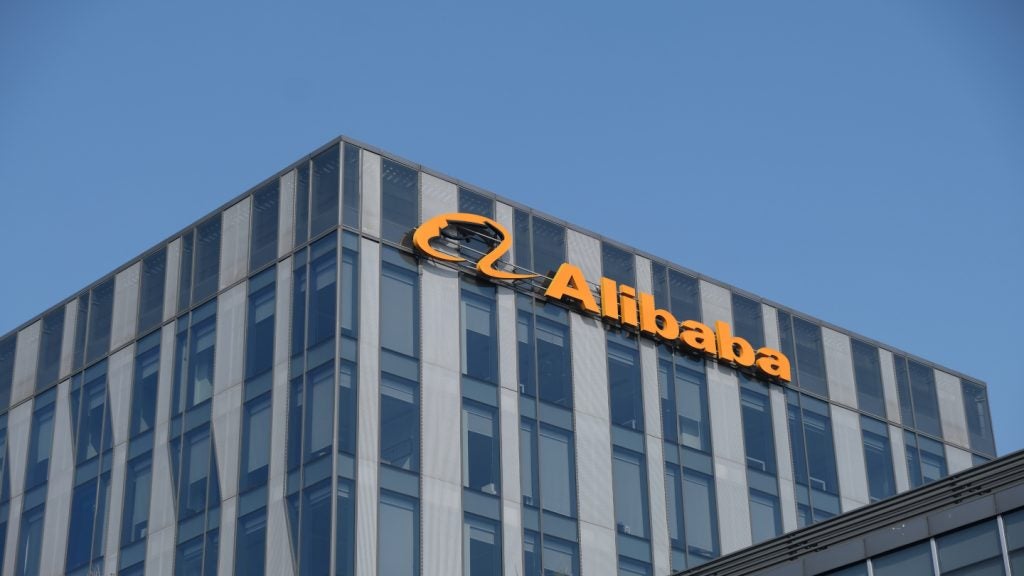GlobalData has used its exclusive theme-based analysis to identify the semiconductor companies best placed to succeed in the future based on their strength in high-performance computing.
According to GlobalData’s latest Semiconductor Sector Scorecard, high-performance computing has been identified as one of the top ten themes that will impact the sector over the next two years.
The other nine are data centres, artificial intelligence (AI), ambient commerce, self-driving cars, industrial Internet, gaming, 5G, M&A and geopolitics.
Viewing the world’s data by ‘themes’ makes it easier to make important decisions.
GlobalData’s thematic research team has developed a “thematic engine” which is designed to identify tomorrow’s tech leaders rather than today’s tech incumbents, based on their competitive position in the most important themes impacting their industry. The GlobalData thematic engine spans 15 key technology sectors – from semiconductors to consumer electronics to enterprise software – and covers over 60 themes.
The semiconductor companies given the highest thematic weighting by GlobalData for high-performance computing are: Intel, Google, Amazon, and AMD.
What does high-performance computing mean for the semiconductor sector?
High-performance computing evolved in the 1960s from early scientific computing objectives for centralized highly scalable processing in support of singular, compute-intensive workloads.
Solutions combined traditional desktop computer CPUs along with specialized storage and connectivity resources into a large computing cluster or grid capable of jointly solving problems beyond the reach of standalone computing architectures.
Traditionally, HPC implementations have been extremely costly to build, use and maintain, owing not just to unique hardware infrastructure but also to excessive power and cooling requirements. For this reason, many of the world’s largest implementations have evolved as state-funded projects supporting co-operative scientific use.
Fortunately, the economies of scale available with the web and the burgeoning development of purpose-built, high-performance chips (CPU, GPU, FPGA) are beginning to drive HPC-scale opportunities downmarket with hyperscale public cloud providers such as Amazon and Google beginning to offer approximate capabilities on a per usage basis.
The full universe of 57 semiconductor companies covered by GlobalData’s Semiconductor Sector Scorecard are:
- Aixtron
- Alibaba
- Alphabet
- Amazon
- AMD
- AMS
- Analog Devices
- Apple
- ASML Holding
- Baidu
- Barefoot Networks
- Broadcom
- Cambricon
- Cirrus Logic
- Cypress
- Dialog
- Diodes
- Graphcore
- Himax
- IBM
- Infineon
- Intel
- Marvell
- Maxim
- MediaTek
- Melexis
- Mellanox
- Microchip
- Micron
- Microsoft
- Monolithic Power Systems
- Nanya Tech
- Nvidia
- NXP
- On Semiconductor
- Qorvo
- Qualcomm
- Realtek Semiconductor
- Renesas
- Rohm
- Samsung Electronics
- Silicon Labs
- Silicon Motion
- SK Hynix
- Skyworks
- SMIC
- Softbank
- STMicroelectronics
- Teradyne
- Tesla
- Texas Instruments
- Tokyo Electron
- TSMC
- UMC
- Vanguard
- Xilinx
- Zeno








